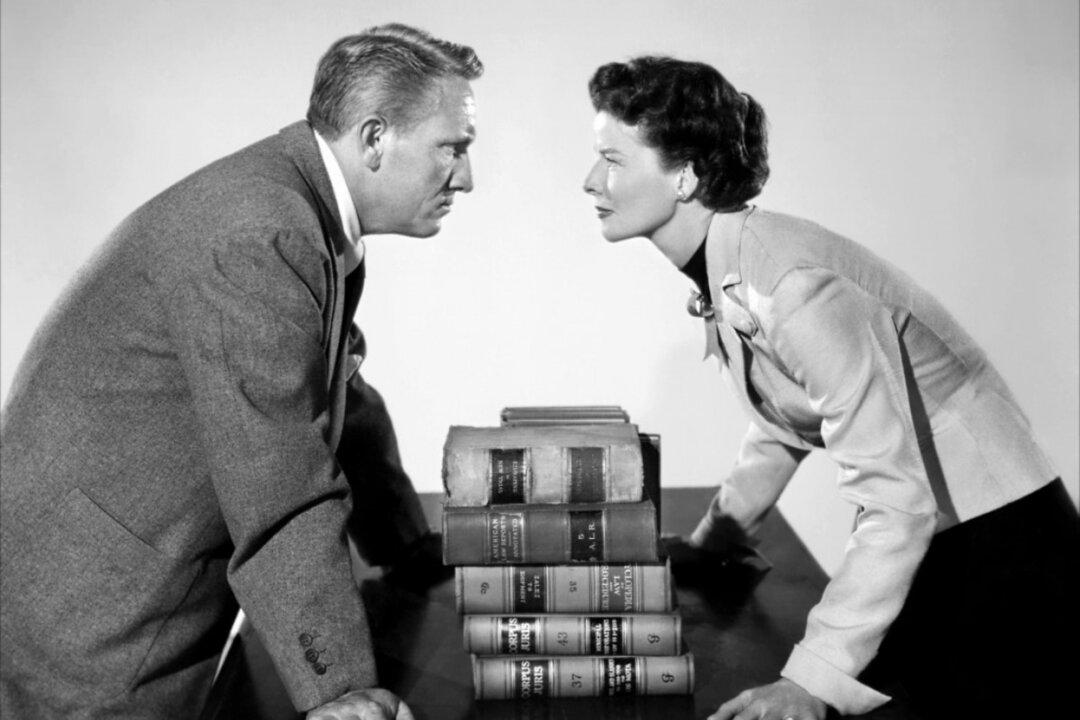Commentary
When controversial transgender social media star Dylan Mulvaney was recently named Woman of the Year by Attitude Magazine, I thought of the 1942 movie “Woman of the Year.” I thought of using the scene where Spencer Tracy tells Katharine Hepburn that the outstanding woman of the year isn’t a woman at all as my next moment of movie wisdom, but I already wrote about that scene in June. However, this theme is a recurring one throughout the Tracy and Hepburn collaborations.





